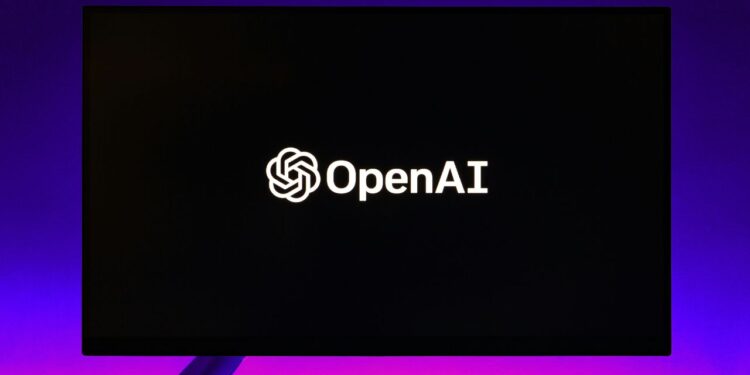Leading artificial intelligence (AI) developers OpenAI and Meta are close to releasing new models that they say can exhibit advanced reasoning capabilities.
The current top 100 AI tools in the workforce are mainly being used in content creation, research, programming and project management. However, an advancement in AI technology of this kind has the potential to revolutionize decision-making processes across various industries — including healthcare, finance, and transportation.
According to a report published by The Financial Times, the development of these new sophisticated AI models is part of a larger trend in which tech giants are heavily investing in AI research and development. Some tech companies’ goals are to create more advanced virtual assistants for the workforce.
Additionally, notable car manufacturers are partnering with AI developers to double down on autonomous vehicles. Meanwhile, smaller tech businesses are investing in more niche areas including medical diagnostic tools that can provide personalized solutions and improve accuracy.
The next generation advancements in AI language models from leading tech companies including OpenAI, Meta, Microsoft, and Google, promise significant benefits. However, like previous iterations, they also raise ethical concerns related to job displacement and privacy issues.
As AI systems become more capable of performing work tasks that previously required human employees, there is a growing worry about the impact on the workforce and the need for reskilling/upskilling programs and guardrails. However, despite these worries, many experts believe AI will compliment skilled employees in their day-to-day tasks, rather than replace them.
According to the financial times, AI researchers call artificial general intelligence (AGI): “human-level cognition.” It’s AI with intelligence equal to or surpassing that of humans.
As AI systems become more capable of handling complex and decision-making tasks usually left for human employees, the nature of work is expected to completely change for many fields.
Skills initiatives and pledges for training millions of workers from top tech companies like Cisco, IBM Google, Intel, and Microsoft are expected to inspire other companies to follow suit and contribute to the development of AI systems that prioritize both innovation and social responsibility.
















